Hi Everyone,
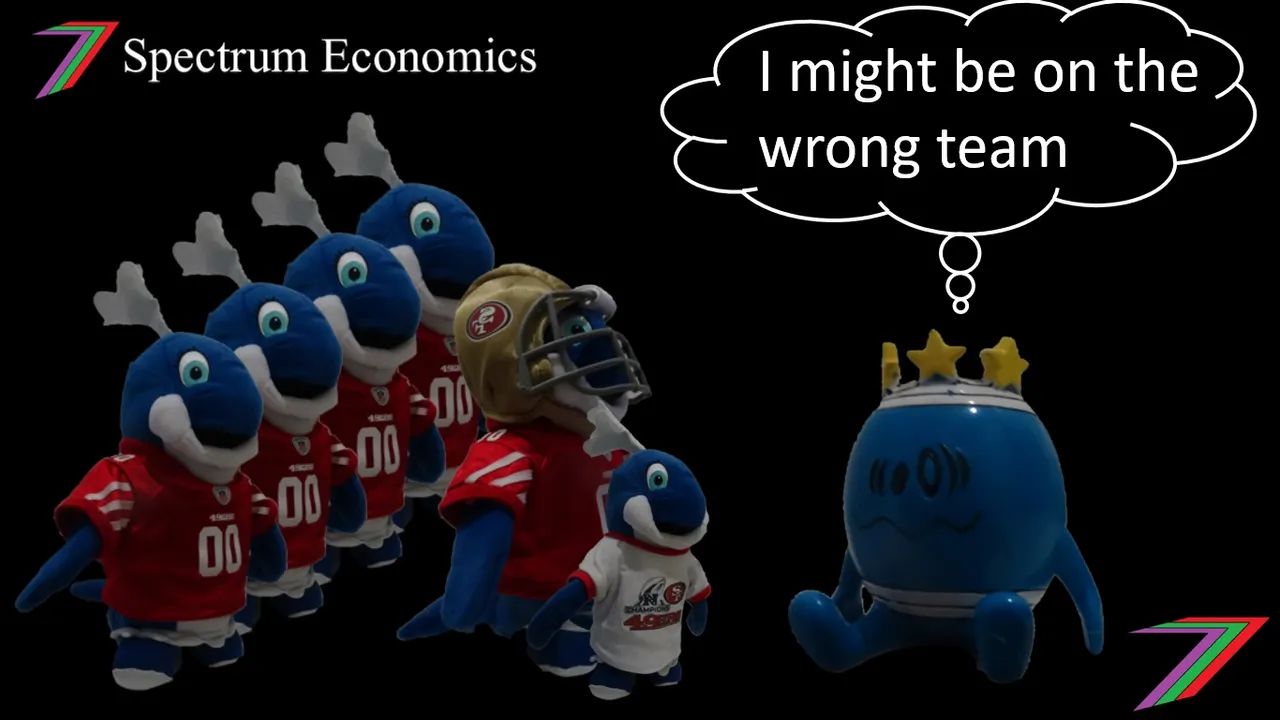
In my post Trade, money, debt, waste, and power; I discussed the importance of trade and mechanisms that support trade. In this post, I would like to discuss trade blocs. Do trade blocs truly improve trade and enhance the benefits of trade or do they actually obstruct free trade?
Since the end of World War 2, the number of trade blocs have grown and so have the number of members. World War 2 was an important catalyst in the rise of trade blocs as they were prescribed as instruments for peace. With two world wars in the first half of the twentieth century, most of the world was crying out for peace. Establishing trade blocs after the wars would have been easier than prior to them.
Fast forward ahead to 2019, the majority of the countries in the world are part of some sort of trade bloc. See figure 1 below
Figure 1: Global Trade Blocs as of 2018
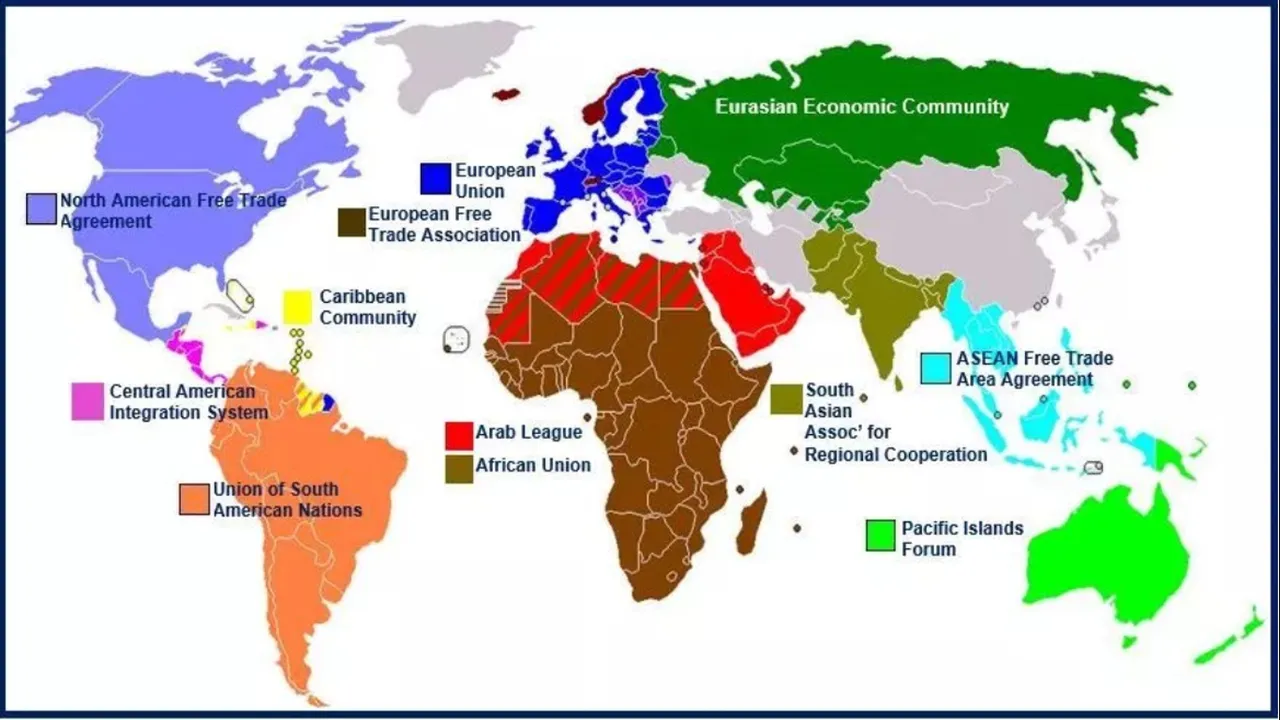
Source: lightmagazineafrica.com
Most countries are also part of the World Trade Organisation (WTO). See Figure 2 below.
Figure 2: Countries part of the World Trade Organisation.
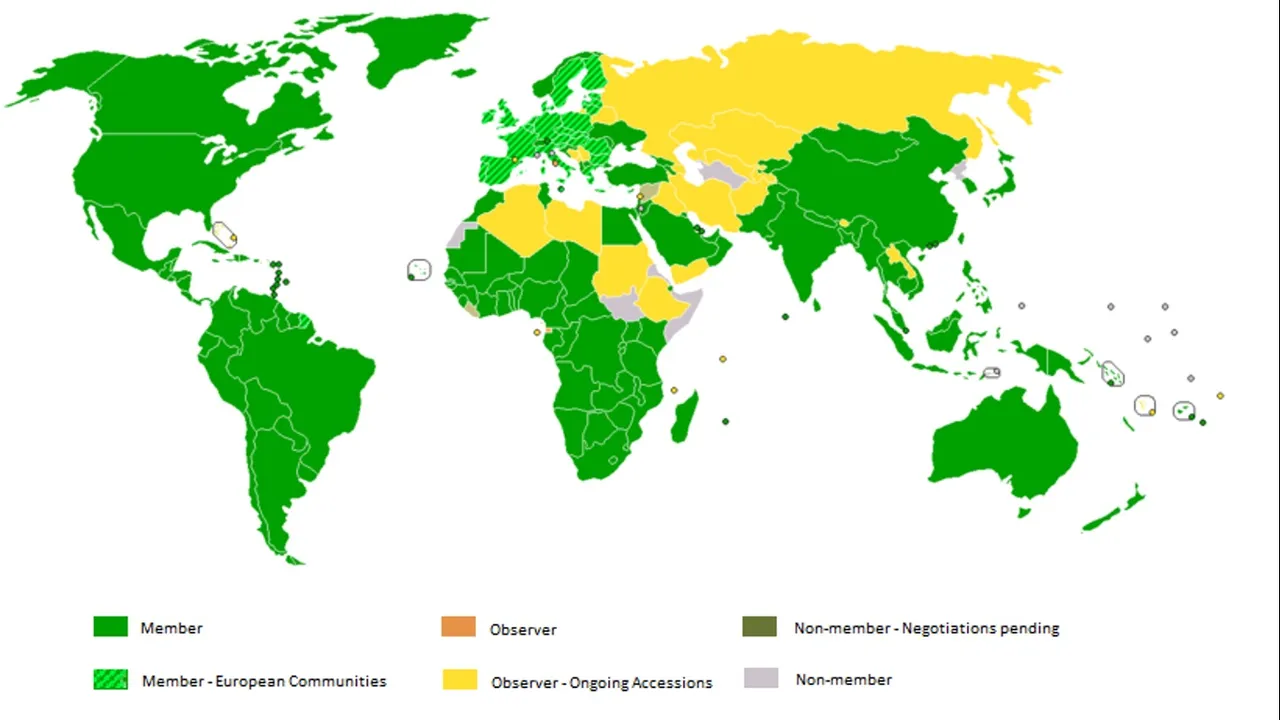
Source: Wikipedia
If a country is not part of a trade bloc but part of the WTO, the country can trade with other countries based on the terms outlined by the WTO. However, because so many countries are part of a trade bloc, trading based on WTO rules will make that country a lower priority.
Not all trade blocs are the same. There are varying degrees of integration between members. Such blocs, ordered from least integrated to most integrated, include:
- Preferential Trade Agreement
- Free Trade Area/Agreement
- Customs Union
- Common Market
- Economic Union
- Full Integration
A Preferential Trade Agreement (PTA) is an agreement that ensures countries are able to trade with each other with reduced trade restrictions and barriers. Normally these agreements focus on particular products. PTAs are often between two just two countries. The term ‘preferential’ appears to be a misnomer considering the depth of agreement of other types of trade blocs and deals.
Free Trade Area goes a little further than a PTA. Countries that are part of a Free Trade Area have Free Trade Agreements. These agreements enable free trade for all or some particular products. North American Free Trade Area (NAFTA) is Free Trade Area. Canada and the European Union have a Free Trade Agreement. However, this agreement does not ensure free trade for all products.
A Customs Union does not just look at reducing or eliminating barriers between countries in the union but also considers barriers with countries outside the Customs Union. Countries that are part of a Customs Union will trade with countries outside the Customs Union subject to a common external trade policy. The European Union Customs Union (EUCU) consists of the 28 European Union countries plus several other countries such as Andorra, San Marino, and Turkey.
Figure 3 contains a map of several other Customs Unions around the world.
Figure 3: Customs Unions World Wide
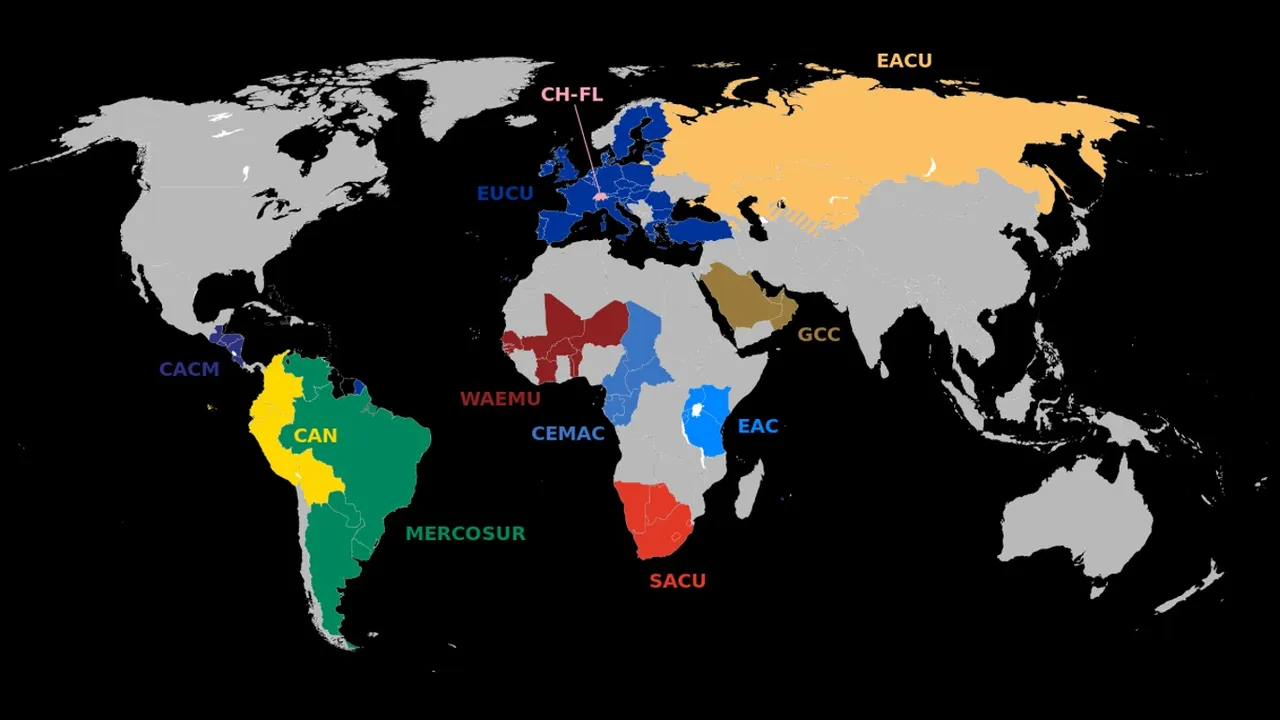
Source: Wikipedia
A Common Market has most of the same features as a Customs Union but also includes free movement of resources such as labour. The European Single Market consists of the 28 European Union countries plus several other countries such as Liechtenstein, Norway, Iceland and Switzerland. There are several other countries such as Georgia, Moldova and Ukraine that some limited access to the single market for particular products.
An Economic Union has the same features as a common market but extends to include common economic policy. The European Union is an Economic Union. It even has its own currency, the euro. 19 of the 28 European Union Countries have adopted the Euro. The European Central Bank (ECB) is responsible for the Monetary Policy for these 19 countries. The ECB controls the money supply and influences the interest rates of these 19 countries. The use of the same currency could be considered the ultimate form of free trade.
Full integration is trade within the same country or within a nation made of several countries. United Kingdom consists of four countries (Wales, England, Scotland, and Northern Ireland). These four countries are connected as if they were just one country. The relationship between the states that make up the USA could also be considered fully integrated as well.
What is good about trade blocs?

As mentioned earlier in the post, trade blocs are believed to keep the peace. Countries that trade with each other mutually benefit from the trade. Therefore, if trade continues, there is very little incentive or desire for war. The existence of trade blocs should expand trade as well as peace. There has not been a world war, since World War 2. Does that indicate the success of trade blocs at keeping the peace? How about conflicts between those in the trade blocs and those out or even in other trade blocs? Many countries are still at war. There has not been a world war by definition. The success of trade blocs at keeping the peace is quite debatable.
Arguably, the most positive aspect of trade blocs is the enabling of free trade to as many countries as possible. Free trade has many benefits. Some of these benefits include:
- Higher quality products at lower prices
- Greater variety of products
- Increased efficiency and specialisation
- Increased innovation and technology
- Increased fairness and opportunity
- Greater potential for improvement of quality of living.
However, there are people that oppose free trade. Here are some of the arguments against it.
- Large companies force smaller local businesses to close
- Large companies exert political pressure on low income countries
- Free movement of labour reduces job opportunities for existing population
- Free movement of labour puts downward pressure on wages
- Widening of income inequality as profits increase faster than wages
- Damage to the environment in countries without environmental protection regulation
It is important to note that many of the criticisms of free trade relates to free trade between high income and low income countries. Many trade blocs are between countries of similar economic wealth.
Evidence generally suggests that free trade and open markets increases economic growth. See Graph 1 below.
Graph 1: Annual percentage increase in world trade and world GDP, 1995 - 2016
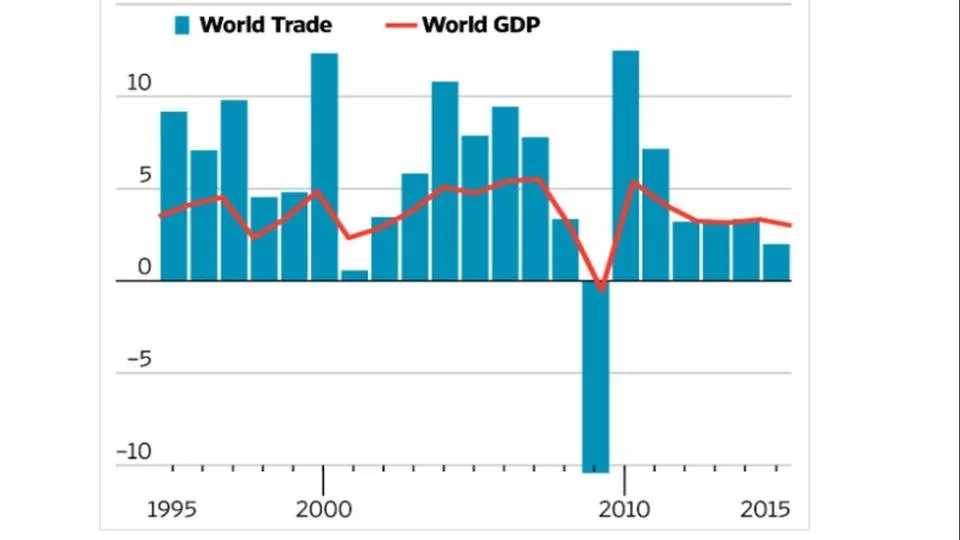
Source: itdoesnotaddup.com
However, I believe GDP only presents a very small part of the success of any economic initiative. An in-depth discussion of free trade is beyond the scope of this post. A full discussion on the net impact of free trade deserves its own post (possibly several). For the purpose of this post, I will assume that free trade is overall beneficial. In my post Trade, money, debt, waste, and power, I demonstrated that trade is essential but the post did not address if that trade should be completely free or at least partly regulated.
As discussed earlier in the post, there are several different types of trade blocs. Preferential Trade Agreements and Free Trade Agreements do not necessarily need to be considered as trade blocs as they are often just between two countries. Whereas, the other trade blocs tend to include many more countries. When I refer to trade blocs, from this point on in this post, I will be referring to these more integrated trade blocs, which include many countries.
The greater the level of integration, the greater the opportunity to benefit from free trade. The greater the level of integration, the greater the loss of national sovereignty. Custom Unions take control from individual countries the ability to negotiate trade deals outside of the union. Common markets removes each countries control over migration. Economic Unions reduce individual country’s control over their own economic policies. In the case for the 19 European Union countries that adopted the Euro, they lose control over monetary policy.
The European Union is a complex example of Custom Unions, Common Market and Economic Union rolled into one. The presence of the Common Market diminishes the value of being part of the Customs Union. The presence of the Economic Union diminishes the value of the Common Market. As more integration exists between countries, the countries that are less integrated lose out. This is because they are required to remain compliant to European Union rules but have less influence on them. The Customs Union would be more beneficial to its members if the Common Market and Economic Union did not exist.
How about countries outside of the trade blocs?

Countries inside the trade blocs benefit from free trade but at the cost of some national sovereignty. Countries outside the trade blocs are required to make trade agreements with the trade blocs. As the number of trade blocs increase, and the number of countries in these trade blocs increase. The opportunities to make trade agreements for those outside the trade blocs falls. This decreases the bargaining power of those outside the trade blocs as well. If a country is not part of a trade bloc, it will be at the mercy of those in it and will have very little chance of making good trade agreements.
Trade Sanctions
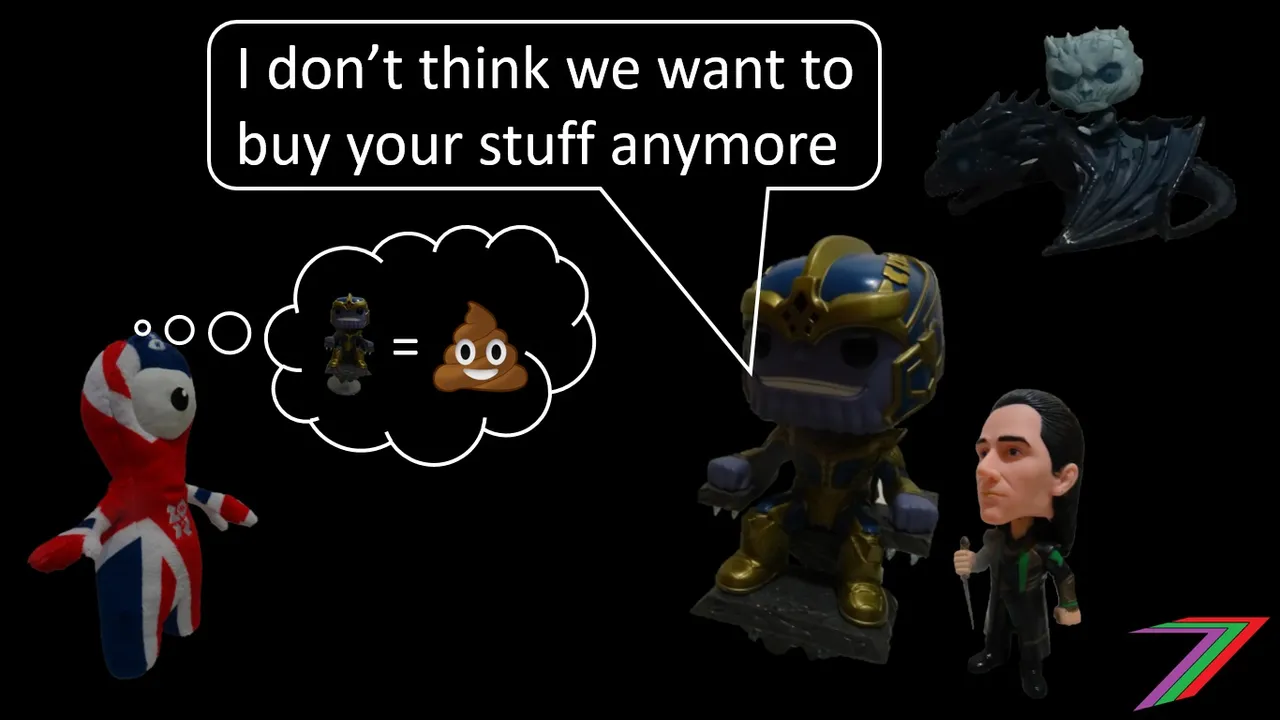
I do not have the details of trade arrangement between trade blocs and countries not part of the trade blocs but I can add a bit more perspective by investigating trade sanctions.
Trade sanctions imposed on countries by the trade bloc can have a devastating effect on the targeted country, as trade is restricted with all the countries within the bloc. There are many reasons given for placing trade sanctions on a country. Quite often, the sanctions relate to disagreement with that country's regime. Such reasons given for this disagreement relate to human rights, terrorism, weapons of mass destruction, or some form of general corruption. However, the sanctions punish the citizens of the offending country more than the regime that the trade bloc is opposing.
Figure 4 contains a map of the countries that the European Union is targeting with trade sanctions.
Figure 4: Countries sanctioned by the EU
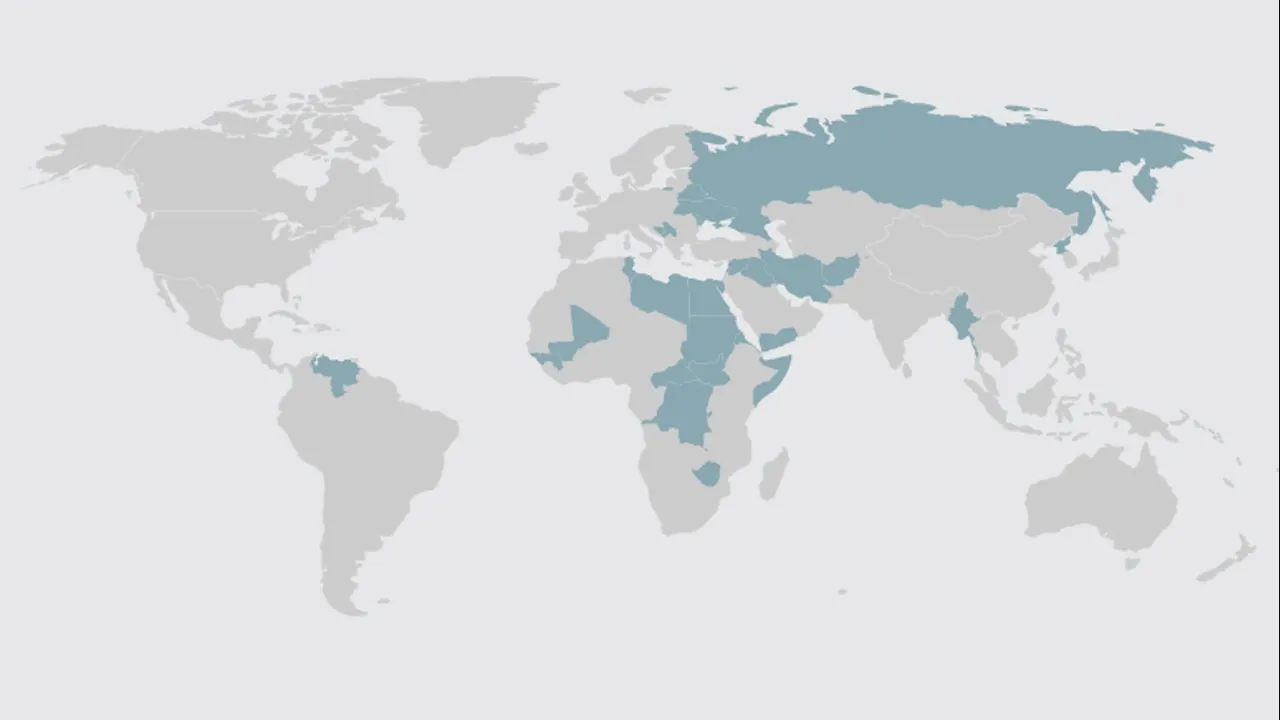
Source: sanctionsmap.eu
Many of the trade blocs often overlap with each other or support each other. Figure 4 contains sanctions imposed by the European Union, USA, and the United Nations (UN). Even though the United Nations is not a trade bloc, it has great influence over its members in regards to trade sanctions. Most of their member countries, which is most of the countries in the world, comply with the UN sanctions.
Figure 5: Sanction imposed by UN, USA, and EU as at 2014
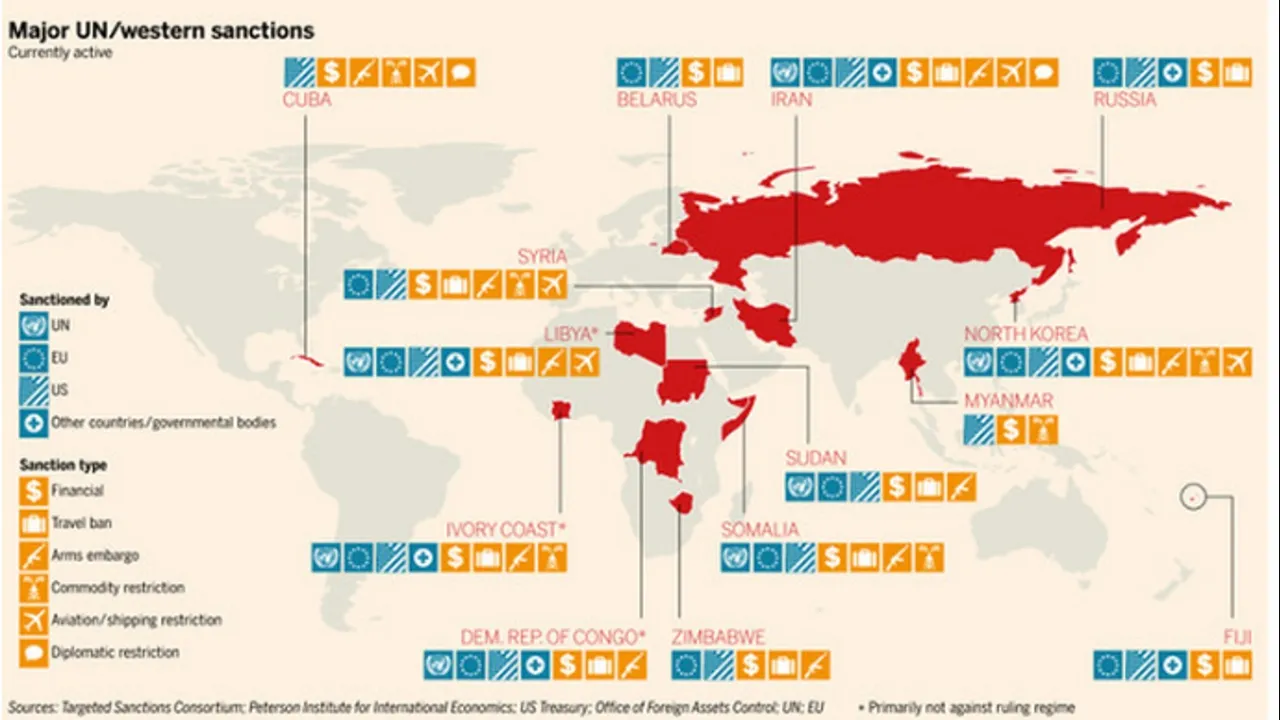
Source: beta.grafiti.io
As can be seen from Figure 5, sanctions are generally imposed by more than one trade bloc or group of countries. Figure 6 contains the countries sanctioned by the USA as well as the reasons for these sanctions.
Figure 6: Countries sanction by the USA and the supporting reason
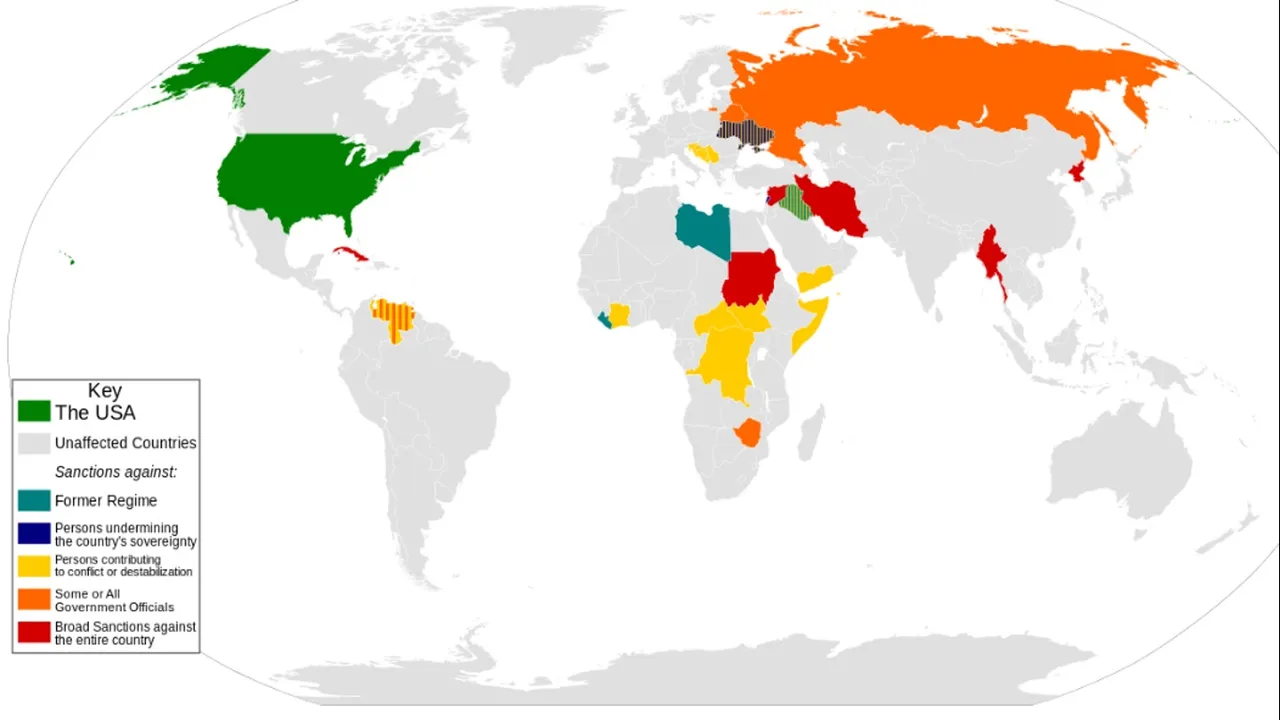
Source: Wikipedia
The countries typically sanctioned are low income and third world countries. Figure 7 contains countries targeted by sanctions between 2000 and 2012.
Figure 7: Countries sanctions between 2000 and 2012
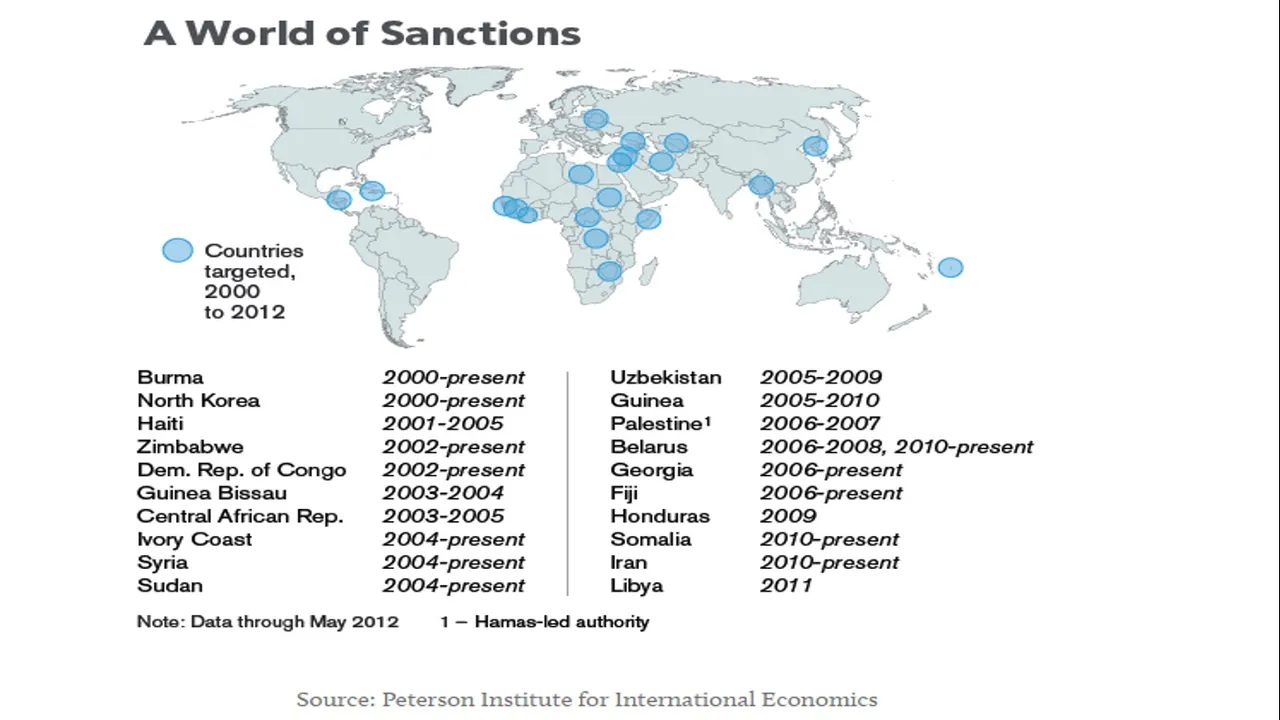
Source: thedisorderofthings.com
On top of the trade sanctions, the USA have also imposed travel bans on several of the Middle Eastern countries. The citizens of these countries, which are subject to trade sanctions, war, and Government corruption, cannot flee their country to enter the USA. Figure 8 contains the countries subject to travel bans.
Figure 8: USA travel bans
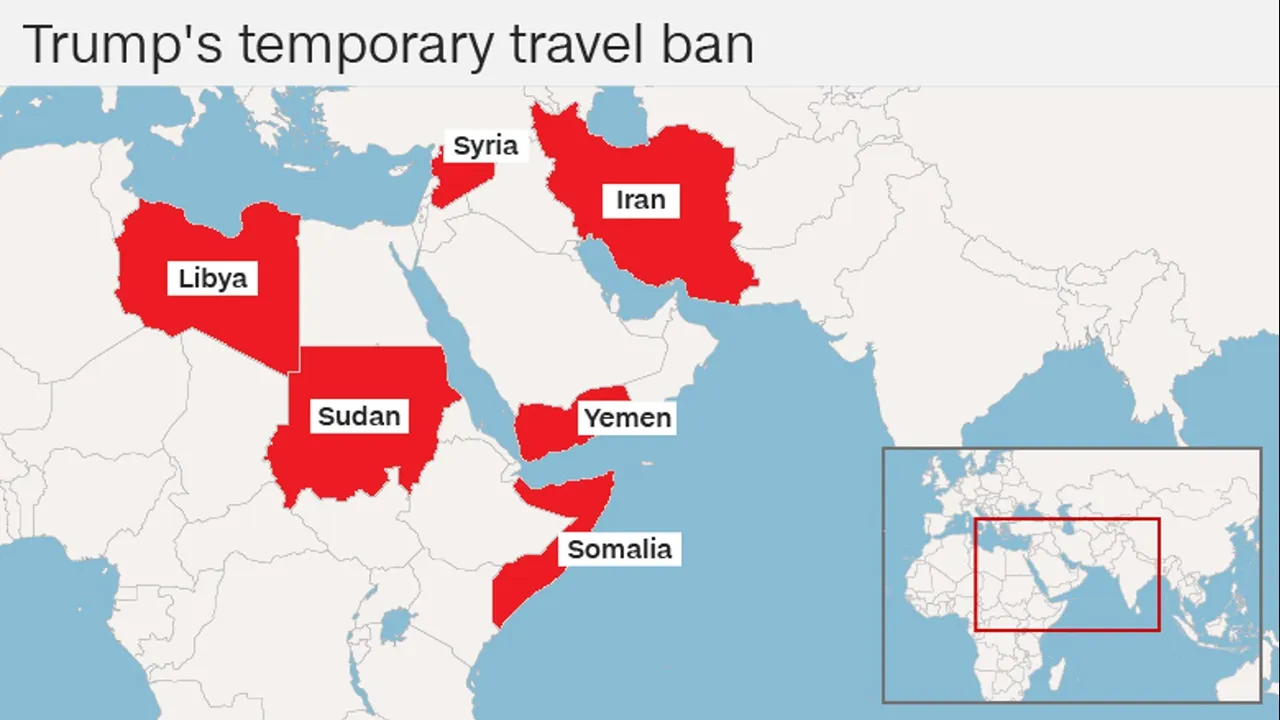
Source: edition.cnn.com
The overlap and extent of power over countries outside the blocs could become even more prominent if the Trade in Services Agreement (TiSA) or if the Transatlantic Trade and Investment Partnership (TTIP), which is a subset of TiSA, are agreed upon. Figure 9 contains a map showing the countries that are expected to be part of the TiSA mega trade bloc.
Figure 9: Countries part of TiSA
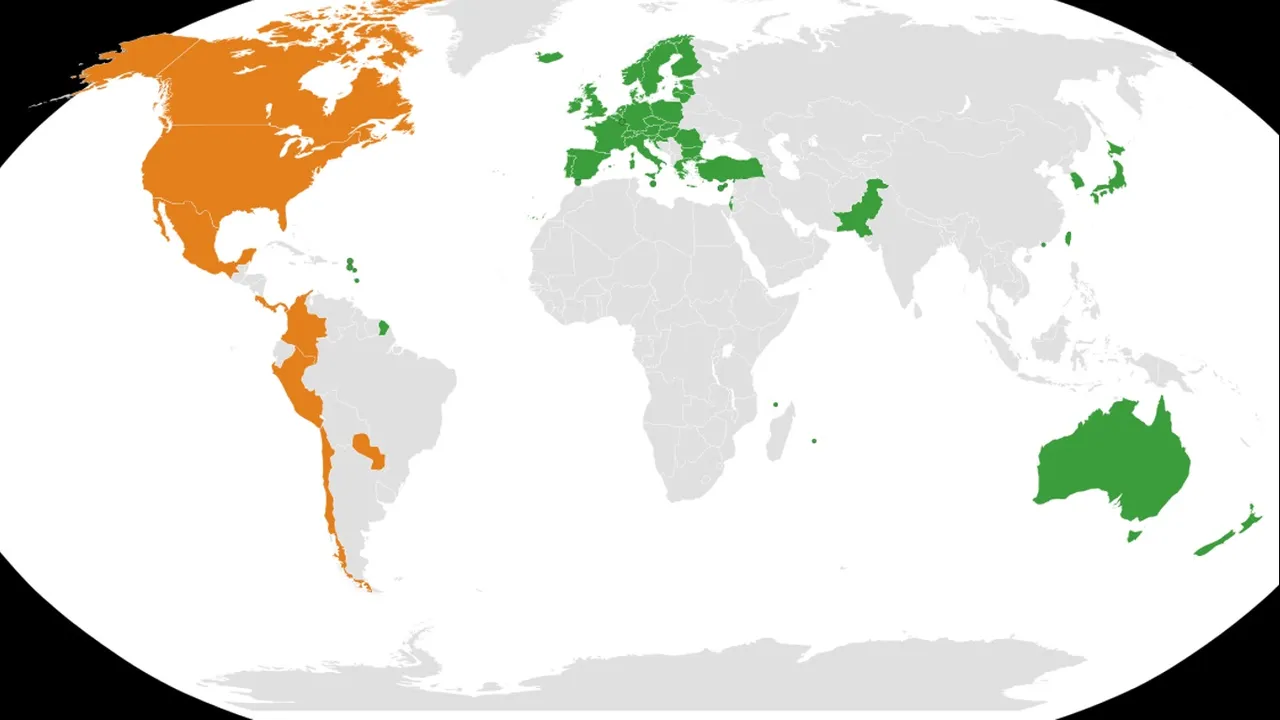
Source: Wikipedia
As can be seen from the map, TiSA spans the world. The details regarding the level of integration is unknown. The higher the level of integration, the worse it will be for countries not part of TiSA. Eventually, countries not part of these blocs will be left to negotiate with just one or two bodies or else they will be forced to accept heavy restrictions on trade.
The higher the level of integration, the greater the loss of national sovereignty to the members. Massive trade blocs could eventually control Governments or even become a combined Government for the whole bloc. The European Union is close to having a European Government with dominant centralised decision making. They may even control their own military soon (cyprus-mail.com).
Conclusion
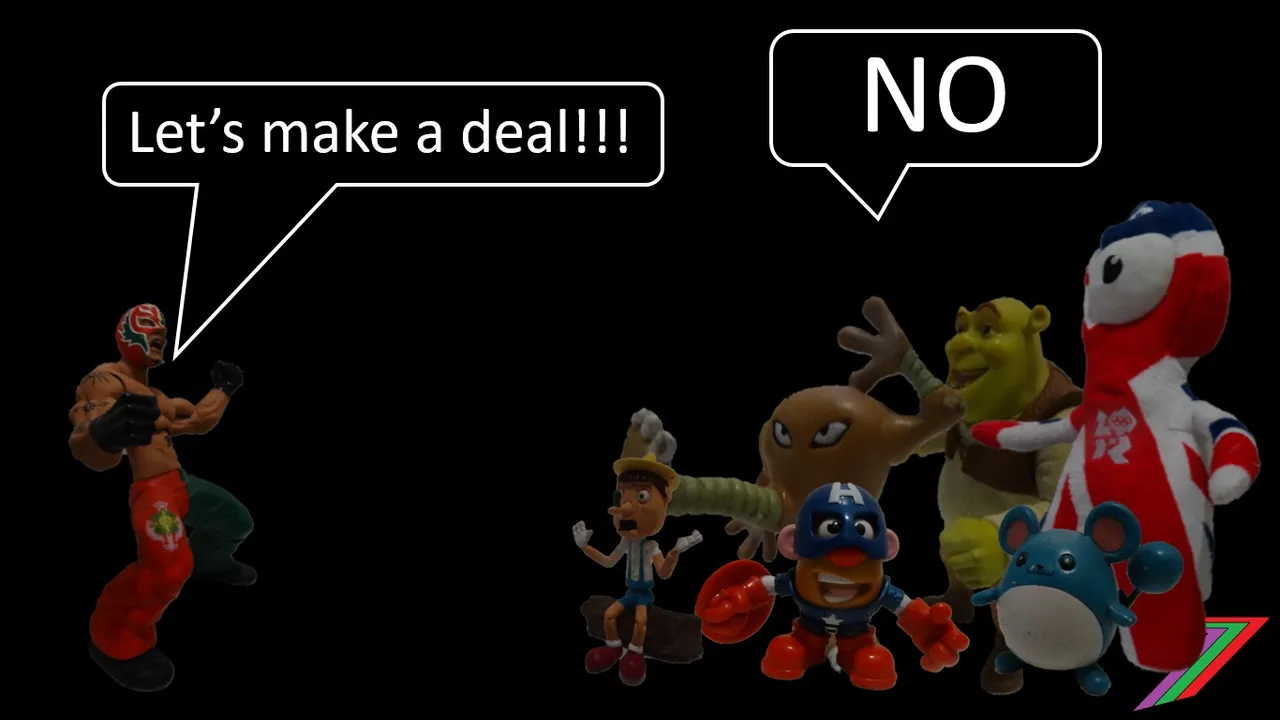
Trade blocs can be considered a ‘prisoner’s dilemma’ type of problem (For more information on ‘prisoner’s dilemma’, read my post Game Theory #2 – Prisoner’s Dilemma). It appears to be better for a country to be part of a trade bloc than not part of one. As the trade bloc grows, individual members become worse off from loss of control over their own countries. Those countries outside the trade bloc become worse off by limited trading options. Ultimately, all countries lose out but being in the trade bloc is better than being out of it, which further perpetuates the problem.
Overall, countries would be better off making separately negotiated preferential or free trade agreements with other countries rather than join larger trade blocs with more integrated trade arrangements. This can only be achieved if countries can resist the urge to join or form larger trade blocs. Countries would need to remain committed to maintaining trade options with all countries rather than to a dedicated few.
Unfortunately, we cannot turn back the clock to eliminate the large integrated trade blocs. Countries that are part of the large integrated trade blocs need to realise the long-term costs of giving up national sovereignty. United Kingdom are making a big and courageous move leaving the European Union. Leaving the European Union will have a heavy short-term cost for the United Kingdom but they can benefit in the long-run from negotiating new less integrated trade deals as well as becoming an example for other countries to leave the European Union.
Failure to negotiate new deals could have a long-term damaging effect. Trading based purely on World Trade Organisation (WTO) rules puts a country at a huge disadvantage considering most other countries have other trade deals. Just relying on WTO rules for trading makes the United Kingdom a lower priority trading partner.
More posts
If you want to read any of my other posts, you can click on the links below. These links will lead you to posts containing my collection of works. These posts will be updated frequently.

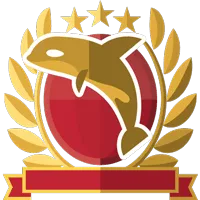

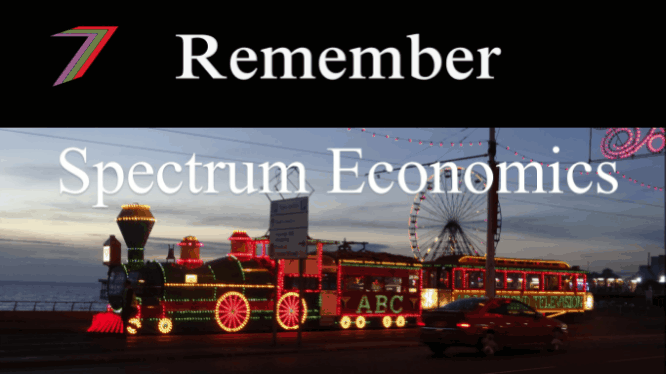
Steem - The Future of DApps




